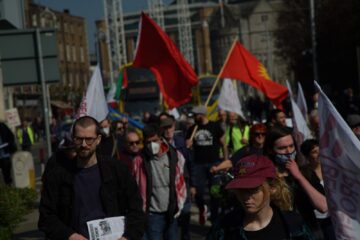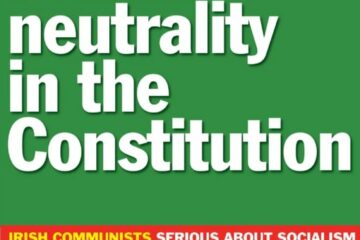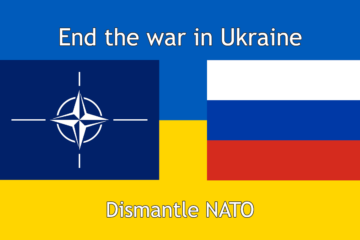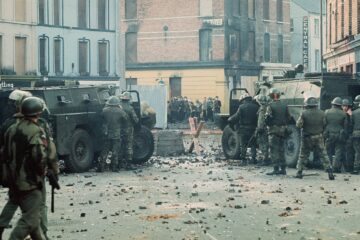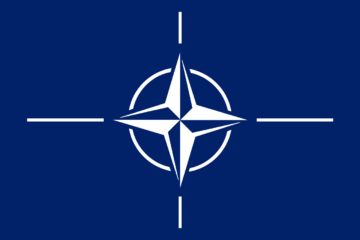The importance of the struggle for peace, against imperialist exploitation and oppression
Statement by thirty-two communist and workers’ parties
January 2011
Twenty years have elapsed since the beginning of the Gulf War. On 17 January 1991 the armed forces of the USA, NATO and its allies unleashed—with the ratification of the Security Council of the United Nations—their first large-scale war in the Middle East, despite widespread anti-war opposition in several countries. Being inseparable from the profound and negative changes associated with the liquidation of socialism in the Soviet Union and in Eastern Europe, that war was a prelude to twenty years of large-scale aggressions, invasions, and imperialist interference.
From the Gulf to Yugoslavia, from Afghanistan to Iraq, Lebanon and Palestine, imperialism has tried to impose its domination in each country and over the globe, seeking to impose the direct control of the world’s main energy resources, to annihilate the people’s sovereign rights, and to submit the entire planet to the exploitation and interests of big capital. This militarist and warmongering offensive has been developed hand in hand with the attacks against the workers’ and peoples’ social, economic and political rights—even in the centres of imperialism—and contributed to sharpening the contradictions among imperialist powers.
Thanks to the peoples’ resistance and struggle—first and foremost, that of the peoples who were the victims of aggression—imperialism’s offensive has faced obstacles and suffered important setbacks. But the dangers for peace and the peoples have not disappeared. On the contrary, capitalism’s profound economic crisis, and the ruling classes’ powerlessness to overcome it, is leading—as in the past—to an attempt to ensure their power through violence, authoritarianism, war and brutal offensives against the workers’ and peoples’ rights and living standards.
The threats of war and aggression are evident in the attacks against workers’ and peoples’ movements that struggle against imperialism, labelling it as an “internal enemy,” in the recent NATO summit and the new strategic concept of this militaristic and aggressive imperialist organisation—which the Lisbon Treaty considers its armed wing, thus deepening the process of affirming the European Union as an imperialist economic, political and military bloc—in the constant imperialist threats of war, provocations and interference in numerous parts of the globe, in the increasing expenditure on military and security apparatuses.
The signatory parties call upon the workers and peoples of the world to strengthen the struggle for peace and against imperialism’s plans for war and aggression, to strengthen the struggle against capitalist exploitation and in defence of sovereignty and of the rights of all peoples of the world. They stress that the struggle for peace, co-operation and progress is an inseparable element of the struggle for the overthrow of capitalism and the construction of socialism.
They express their solidarity with the peoples and with the national-liberation, revolutionary and progressive anti-imperialist forces who are struggling against imperialism’s aggressions, interferences, and threats. In particular, they express their solidarity with the communists and other anti-imperialist forces of the Middle East and especially with the Palestinian people in their struggle for the right to establish an independent state of Palestine within the pre-1967 borders, with East Jerusalem as its capital.



